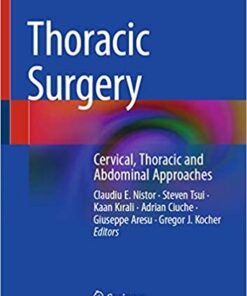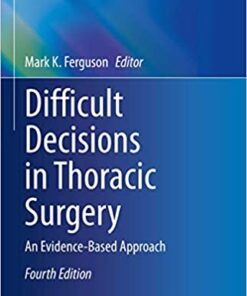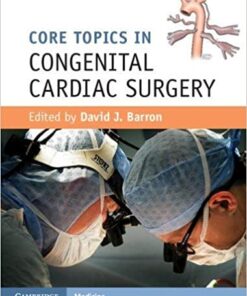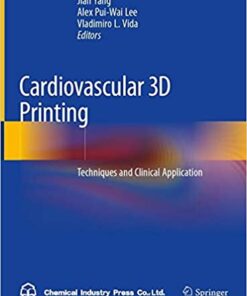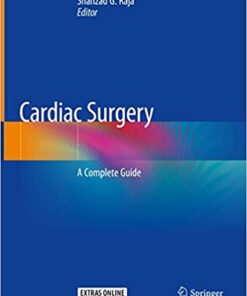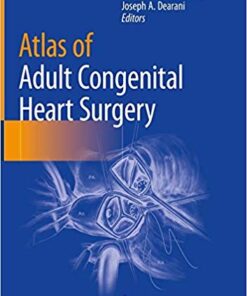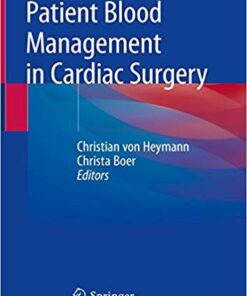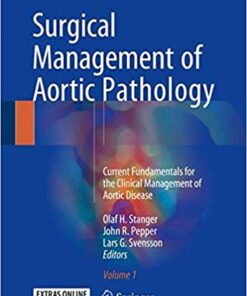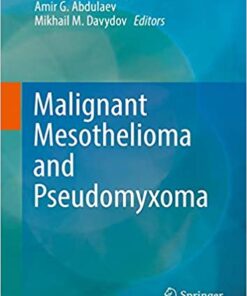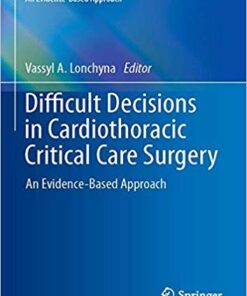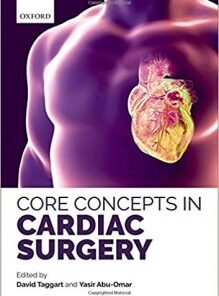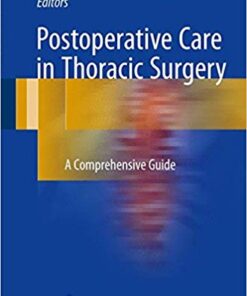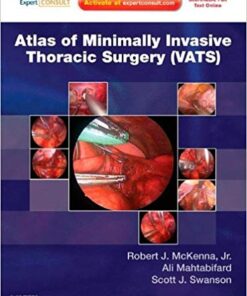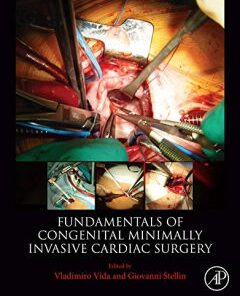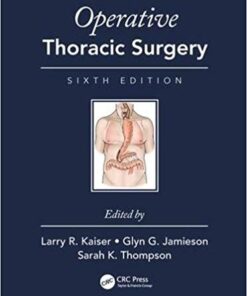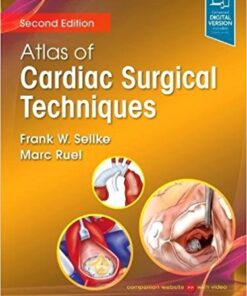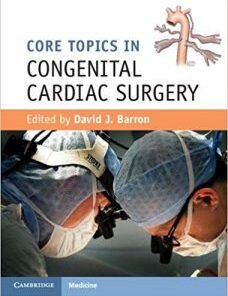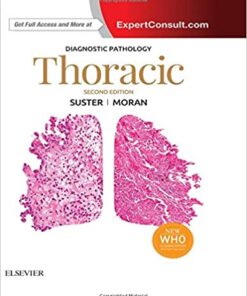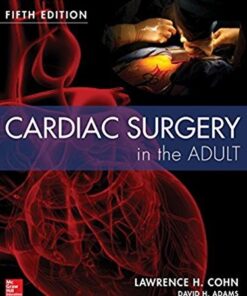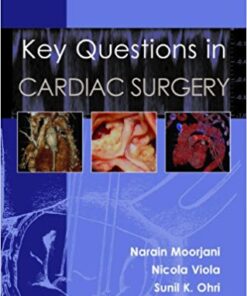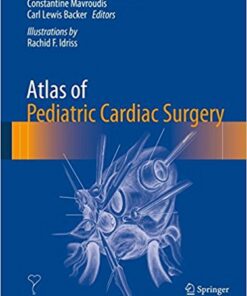Understanding the Benefits of Thoracic Surgery: What You Need to Know
Learn More About Thoracic Surgery Today!
Thoracic surgery is a specialized field of medicine that focuses on the diagnosis and treatment of diseases affecting the chest, including the lungs, esophagus, diaphragm, and other organs in the chest cavity. It is a complex and delicate procedure that requires highly trained surgeons and medical staff to ensure the best possible outcome for patients. If you or someone you know is considering thoracic surgery, it is important to understand the risks and benefits associated with this type of procedure. To learn more about thoracic surgery, visit SurgeryBook.net. This website provides comprehensive information about thoracic surgery, including the types of procedures available, potential risks and complications, and recovery time. You can also find helpful resources such as patient stories, videos, and articles to help you make an informed decision about your care.
Surgery Ebooks
THORACIC SURGERY
THORACIC SURGERY
THORACIC SURGERY
THORACIC SURGERY
THORACIC SURGERY
THORACIC SURGERY
Patient Blood Management in Cardiac Surgery 1st ed. 2019 Edition PDF
THORACIC SURGERY
Malignant Mesothelioma and Pseudomyxoma 1st ed. 2019 Edition PDF
THORACIC SURGERY
Theory and Applications of Heat Transfer in Humans 1st Edition PDF
THORACIC SURGERY
THORACIC SURGERY
THORACIC SURGERY
Fundamentals of Pediatric Minimally Invasive Cardiac Surgery PDF
THORACIC SURGERY
THORACIC SURGERY
Atlas of Cardiac Surgical Techniques, 2e (Surgical Techniques Atlas) 2nd Edition PDF
THORACIC SURGERY
THORACIC SURGERY
THORACIC SURGERY
THORACIC SURGERY
THORACIC SURGERY
Introduction
Thoracic surgery is a specialized type of medical procedure that can provide many benefits to those who need it. It can help improve breathing, reduce pain, and even save lives. Understanding the potential benefits of thoracic surgery is essential for anyone considering this type of treatment. In this article, we'll discuss what thoracic surgery is, the types of conditions it can treat, and the potential risks and benefits associated with it. We'll also provide some tips on how to prepare for thoracic surgery and what to expect during recovery. By understanding the benefits of thoracic surgery, you can make an informed decision about whether or not it's right for you.
Overview of Thoracic Surgery: Types, Benefits, and Risks
Thoracic surgery is a type of medical procedure that involves the surgical treatment of diseases and conditions affecting the chest, including the lungs, heart, esophagus, and other organs in the chest cavity. Thoracic surgery can be used to treat a variety of conditions, from cancer to congenital heart defects. It is a highly specialized field of medicine that requires extensive training and experience.
The types of thoracic surgery vary depending on the condition being treated. Common procedures include lobectomy (removal of a lobe of the lung), pneumonectomy (removal of an entire lung), esophagectomy (removal of part or all of the esophagus), and mediastinoscopy (examination of the area between the lungs). Other less common procedures include thymectomy (removal of the thymus gland), pericardiectomy (removal of the sac around the heart), and pleurectomy (removal of the lining of the chest wall).
The benefits of thoracic surgery are numerous. It can help to improve quality of life by relieving symptoms associated with certain conditions, such as shortness of breath, chest pain, and difficulty swallowing. It can also help to reduce the risk of complications from certain conditions, such as lung cancer. In some cases, it can even cure certain conditions, such as certain types of heart disease.
As with any medical procedure, there are risks associated with thoracic surgery. These include bleeding, infection, and damage to surrounding tissues. There is also a risk of developing a blood clot, which can be fatal if not treated promptly. Additionally, there is a risk of anesthesia-related complications, such as breathing problems or allergic reactions.
Overall, thoracic surgery is a safe and effective way to treat many conditions affecting the chest. It can provide relief from symptoms and reduce the risk of complications. However, it is important to discuss the potential risks and benefits with your doctor before undergoing any type of surgery.
Pre-Surgery Preparation for Thoracic Surgery
Pre-surgery preparation for thoracic surgery is an important step in ensuring a successful outcome. It is essential to follow the instructions provided by your doctor and healthcare team to ensure that you are as prepared as possible for the procedure.
Before the surgery, you will need to have a physical exam and provide a detailed medical history. This includes any medications you are taking, allergies, and any other health conditions. Your doctor may also order blood tests, chest X-rays, or other imaging tests to assess your condition.
Your doctor will discuss the risks and benefits of the procedure with you. You should also ask questions about the procedure and what to expect during and after the surgery.
You will need to stop taking certain medications before the surgery. These include aspirin, ibuprofen, and other nonsteroidal anti-inflammatory drugs (NSAIDs). You should also avoid herbal supplements and vitamins for at least two weeks prior to the surgery.
It is important to follow a healthy diet before the surgery. Eating a balanced diet that includes plenty of fruits, vegetables, and lean proteins can help you stay strong and healthy. You should also drink plenty of fluids to stay hydrated.
You should also quit smoking if you are a smoker. Smoking can increase the risk of complications during and after the surgery.
On the day of the surgery, you should wear loose, comfortable clothing and remove all jewelry. You should also bring a list of all medications you are taking and any other relevant information.
Following these pre-surgery instructions can help ensure a successful outcome. It is important to talk to your doctor if you have any questions or concerns about the procedure.
Post-Surgery Care and Recovery After Thoracic Surgery
Post-surgery care and recovery after thoracic surgery is an important part of the healing process. Thoracic surgery is a major operation that involves the chest cavity, and it can be used to treat a variety of conditions, including lung cancer, emphysema, and other respiratory diseases. After the surgery, it is essential for patients to follow their doctor’s instructions carefully in order to ensure a successful recovery.
Immediately following the surgery, patients will be monitored closely in the intensive care unit (ICU). During this time, they may be connected to a ventilator to help them breathe. They may also receive pain medication and antibiotics to reduce the risk of infection. Once the patient is stable, they will be moved to a regular hospital room.
During the first few days after the surgery, patients should expect to experience some pain and discomfort. Pain medications will be prescribed to help manage this. It is important to take these medications as directed by the doctor. Patients should also expect to have some difficulty breathing due to the incision in the chest wall. This is normal and should improve over time.
Patients should also expect to have some drainage from the incision site. This is normal and should be reported to the doctor. The doctor may prescribe antibiotics to reduce the risk of infection.
Once the patient is discharged from the hospital, they will need to continue to take it easy and follow their doctor’s instructions. This includes getting plenty of rest, avoiding strenuous activities, and taking any medications as prescribed. It is also important to attend all follow-up appointments with the doctor.
It is important to remember that recovery after thoracic surgery can take several weeks or even months. During this time, it is important to be patient and follow the doctor’s instructions. With proper care and attention, most patients are able to make a full recovery.
Common Conditions Treated with Thoracic Surgery
Thoracic surgery is a type of surgery that focuses on the chest area, including the lungs, heart, esophagus, and other organs in the chest cavity. It is a highly specialized field of medicine that requires extensive training and experience to perform. Thoracic surgeons are experts in diagnosing and treating conditions of the chest, such as lung cancer, emphysema, and other diseases of the respiratory system. They also specialize in performing complex surgeries, such as heart bypasses, valve replacements, and lung transplants.
One of the most common conditions treated with thoracic surgery is lung cancer. Lung cancer is one of the leading causes of death in the United States, and it can be difficult to diagnose and treat. Thoracic surgeons are specially trained to identify and remove tumors from the lungs, as well as to reconstruct the airways after surgery. In some cases, chemotherapy or radiation may be used in combination with surgery to treat the cancer.
Another common condition treated with thoracic surgery is emphysema. Emphysema is a chronic lung disease that causes difficulty breathing due to damage to the air sacs in the lungs. Thoracic surgeons can perform a procedure called a lung volume reduction surgery (LVRS) to reduce the amount of damaged tissue in the lungs and improve breathing. This procedure involves removing small portions of the damaged lung tissue, which can help reduce symptoms and improve quality of life.
Thoracic surgeons also specialize in performing complex surgeries, such as heart bypasses, valve replacements, and lung transplants. Heart bypass surgery is a procedure used to reroute blood flow around blocked arteries in the heart. Valve replacement surgery is used to replace a damaged or diseased heart valve with an artificial one. Lung transplant surgery is used to replace a diseased or damaged lung with a healthy donor lung. These procedures are often lifesaving and can greatly improve a patient’s quality of life.
Thoracic surgery is a highly specialized field of medicine that requires extensive training and experience to perform. Thoracic surgeons are experts in diagnosing and treating conditions of the chest, such as lung cancer, emphysema, and other diseases of the respiratory system. They also specialize in performing complex surgeries, such as heart bypasses, valve replacements, and lung transplants. With the help of a skilled thoracic surgeon, many patients can find relief from their chest-related conditions and lead healthier, more active lives.
Understanding the Cost of Thoracic Surgery
Thoracic surgery is a type of medical procedure that involves the chest cavity and its organs. It can be used to treat a variety of conditions, including lung cancer, emphysema, and other respiratory diseases. Thoracic surgery is a complex and expensive procedure, and it is important for patients to understand the cost associated with it before making any decisions.
The cost of thoracic surgery depends on several factors, including the type of procedure being performed, the complexity of the surgery, and the hospital or clinic where the surgery is taking place. Generally speaking, thoracic surgery is more expensive than other types of surgeries due to the complexity of the procedure and the specialized equipment and personnel required. The cost of the procedure can range from a few thousand dollars to tens of thousands of dollars, depending on the specifics of the case.
In addition to the cost of the procedure itself, there are other costs associated with thoracic surgery that must be taken into consideration. These include pre-operative tests and consultations, anesthesia fees, hospital stay fees, and post-operative care. Patients should also factor in the cost of medications and follow-up visits with their doctor.
It is important for patients to discuss all of these costs with their doctor before undergoing thoracic surgery. This will help them make an informed decision about whether or not the procedure is right for them. Additionally, many insurance companies cover some or all of the costs associated with thoracic surgery, so it is important to check with your provider to see what is covered.
Overall, thoracic surgery is a complex and expensive procedure, and it is important for patients to understand the cost associated with it before making any decisions. By discussing all of the costs with their doctor and checking with their insurance provider, patients can ensure that they are making the best decision for their health and financial situation.
Conclusion
Thoracic surgery is a complex and often life-saving procedure that can help treat a variety of conditions. It is important to understand the potential benefits of thoracic surgery, as well as the risks associated with it. By educating yourself on the different types of thoracic surgery, the potential risks and benefits, and the recovery process, you can make an informed decision about whether or not this type of surgery is right for you. With the help of your doctor, you can determine if thoracic surgery is the best option for your health needs.


